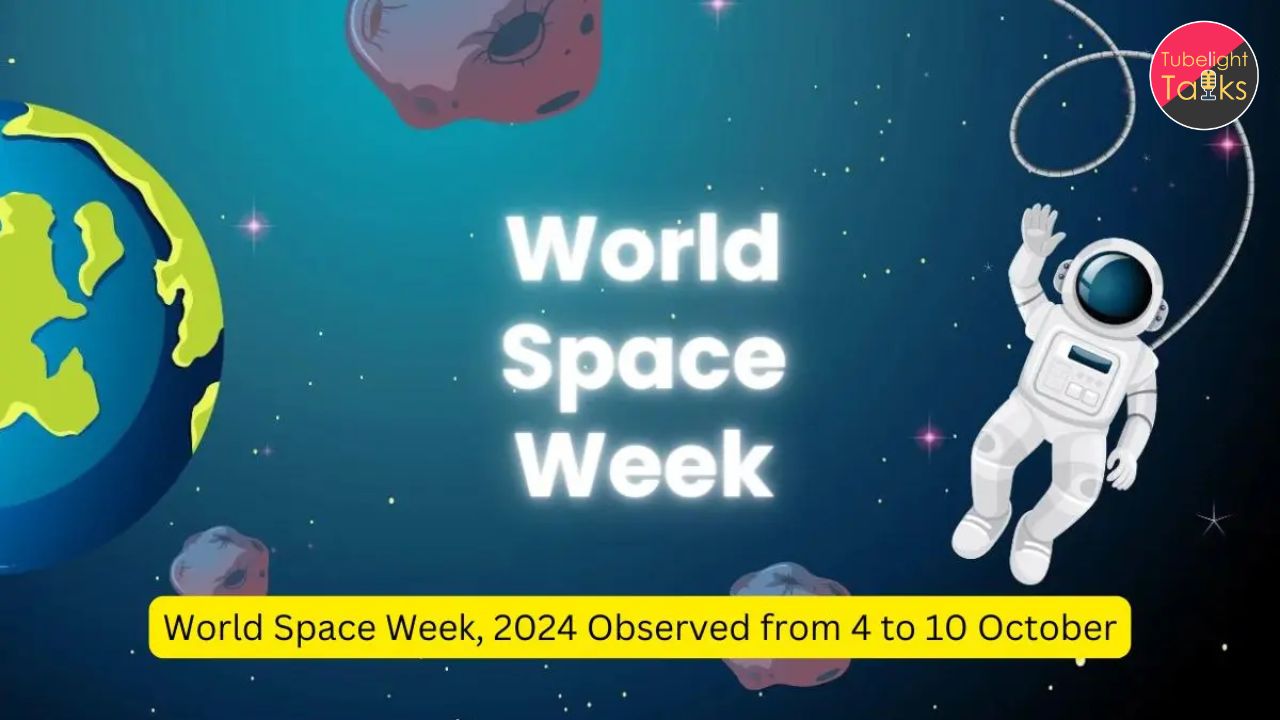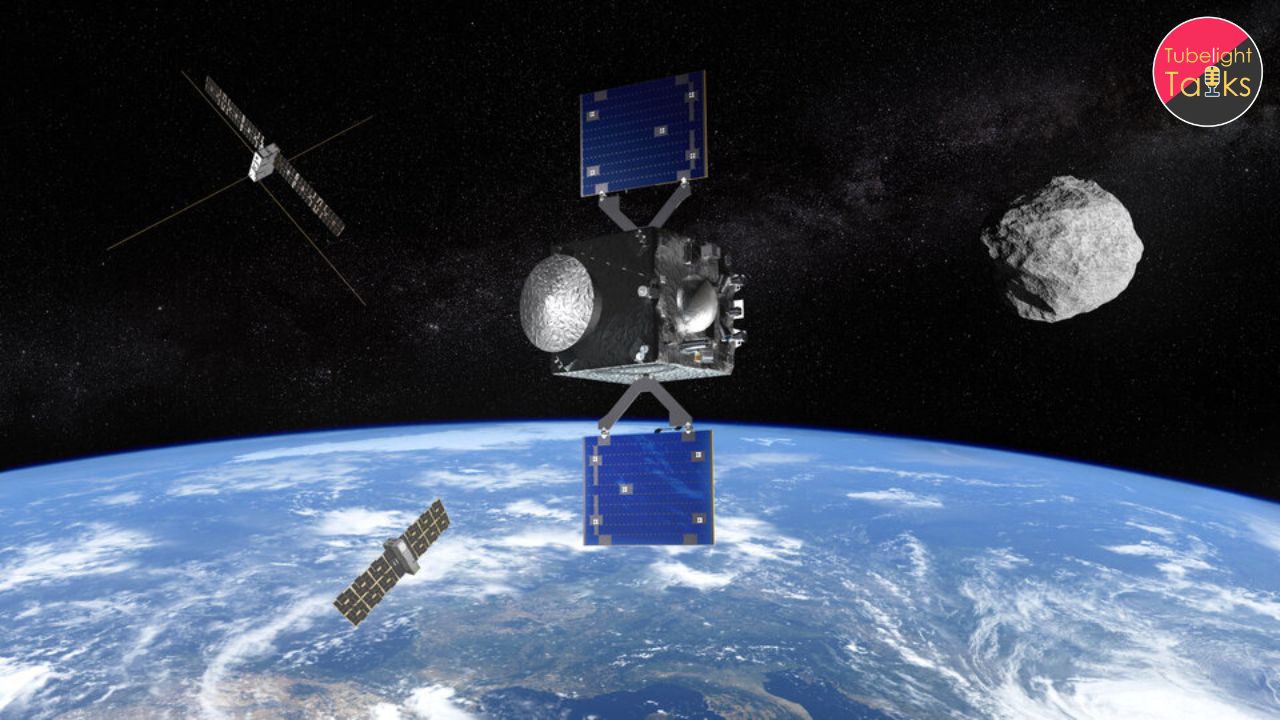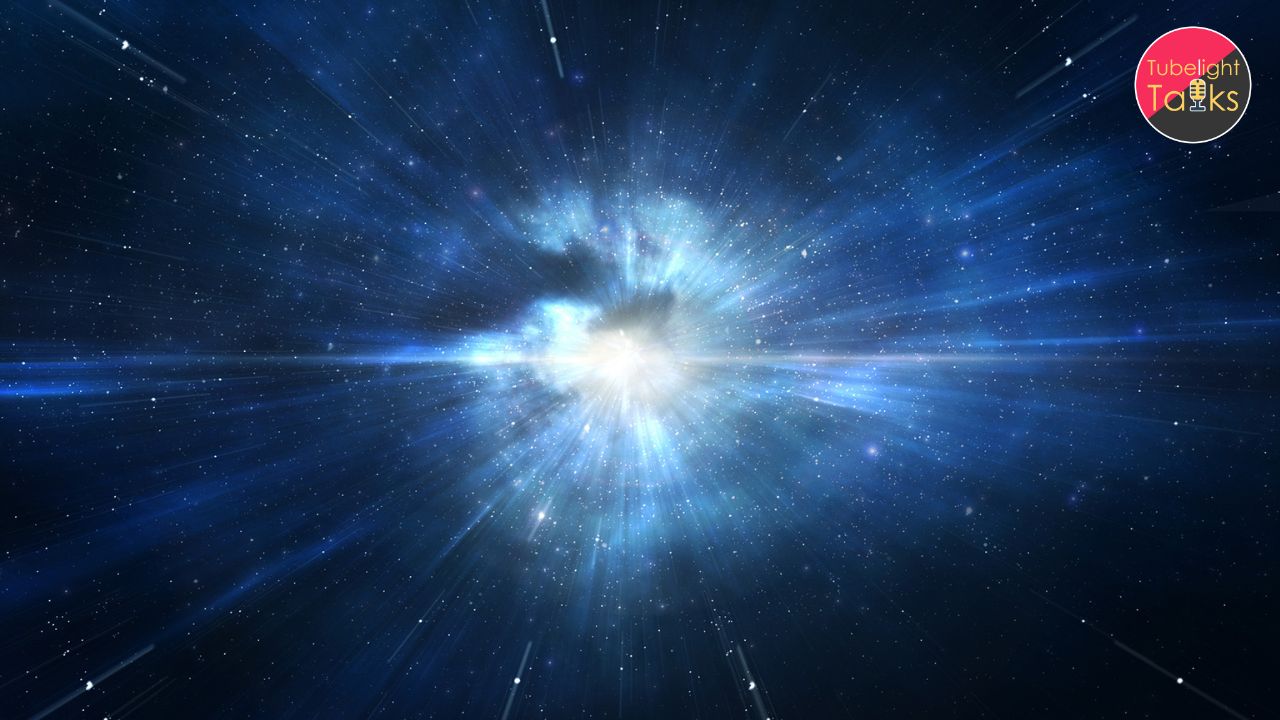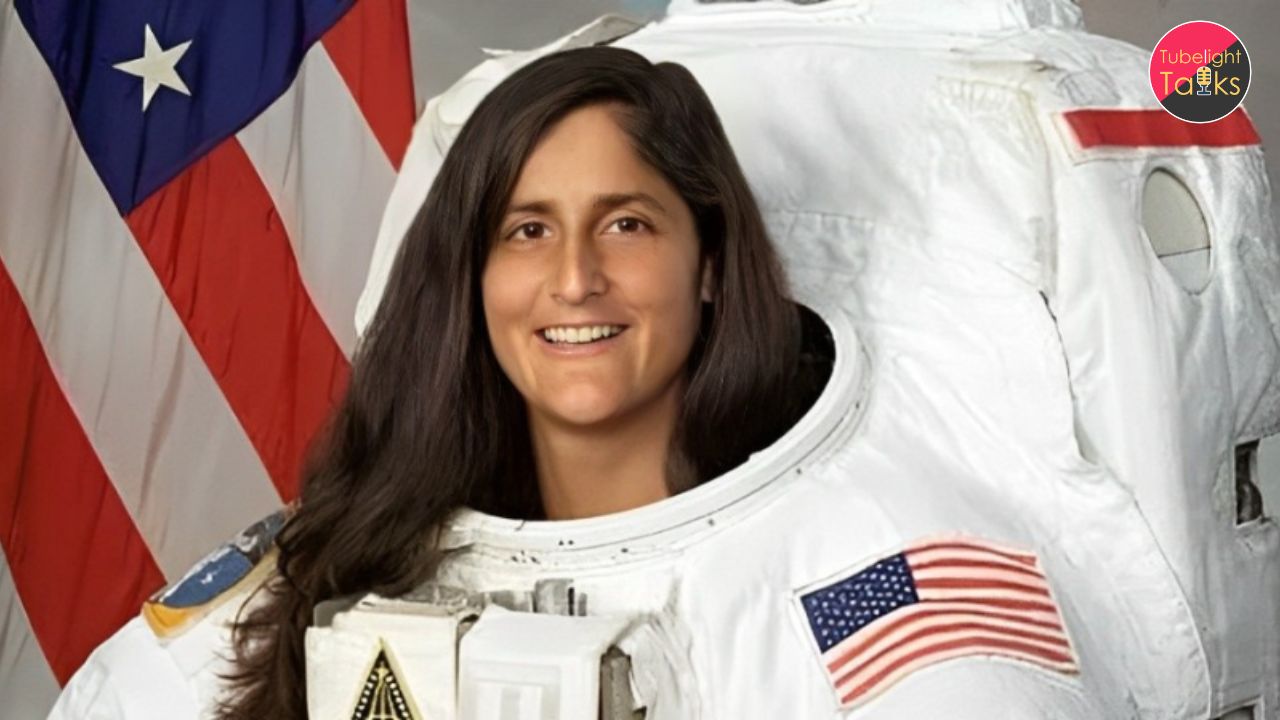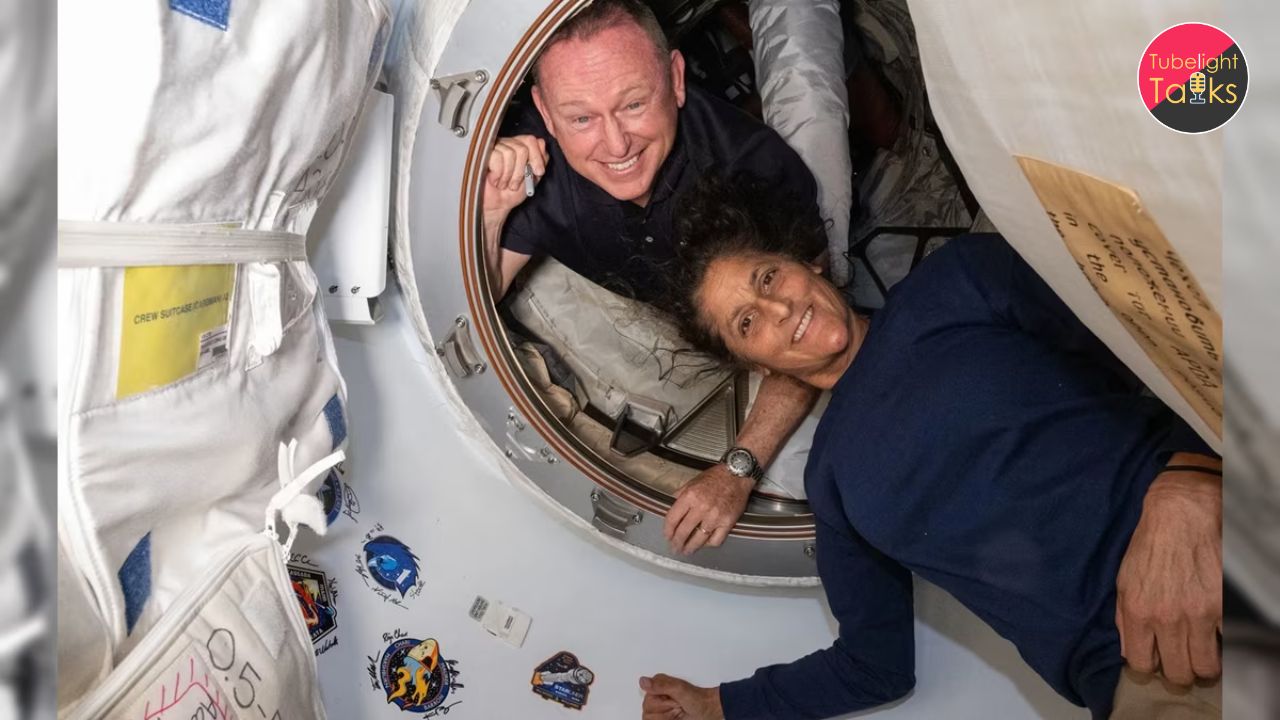World Space Week, celebrated annually from October 4 to October 10, highlights the importance of global cooperation, innovation, and sustainability in space exploration. This year, the focus is on how space can contribute to a more sustainable future, both in space and on Earth.
- Commemorating 67 years since the launch of Sputnik 1, the first human-made object in space.
- Promoting international cooperation in space research and exploration.
- Addressing global challenges through space-based technology and solutions.
- Encouraging STEM education and innovation.
- Showcasing initiatives for sustainable space development.
World Space Week 2024 emphasises the crucial role of space exploration in achieving sustainable development. With the theme “Space Exploration and Sustainability,” this year’s celebration focuses on several key areas:
- International Cooperation in Space Research: Strengthening global partnerships to advance space exploration.
- Innovative Space Technologies for Sustainability: Developing new technologies that address global issues like energy, water, and resource management.
- Climate Action through Space-Based Solutions: Using satellites and space observation tools to monitor and combat climate change.
- Inspiring Future Generations: Encouraging young minds to pursue STEM education and contribute to the future of space exploration.
Dates:
October 4- October 10, 2024
Theme:
Space Exploration and Sustainability
Objective:
To promote international cooperation, innovation, and sustainability in space exploration and development.
History
World Space Week was declared by the United Nations General Assembly in 1999 to commemorate two significant events in space history:
1. October 4, 1957: Launch of Sputnik 1, the first artificial satellite.
2. October 10, 1967: Signing of the Outer Space Treaty, which laid the foundation for peaceful space exploration.
Key Events
1. Space Agency Summits
2. International Space Expos
3. Space Technology Conferences
4. Student Space Competitions
5. Stargazing Nights
Objectives
- Promote international cooperation in space exploration.
- Inspire future generations to pursue STEM education.
- Foster sustainable development through space technology.
- Address global challenges using space-based solutions.
UN Goals Supported by World Space Week 2024
World Space Week 2024 aligns closely with several of the United Nations’ Sustainable Development Goals (SDGs), showcasing how space technology can support a sustainable future. Key SDGs include:
- Goal 7: Affordable and Clean Energy
Space technologies such as satellite solar power systems and resource monitoring contribute significantly to advancing global clean energy solutions.
- Goal 9: Industry, Innovation, and Infrastructure
Space exploration drives technological innovation, supports industrial growth, and enhances infrastructure through advancements in telecommunications, satellite imagery, and navigation systems.
- Goal 13: Climate Action
Satellites play a critical role in monitoring climate change, tracking natural disasters, and aiding countries in developing data-driven responses to mitigate these challenges.
- Goal 14: Life Below Water
Space-based technologies help track ocean health, monitor illegal fishing, and study water temperature and currents, contributing to marine ecosystem preservation.
- Goal 15: Life on Land
Space-based Earth observation technologies are essential for monitoring deforestation, biodiversity loss, and land degradation, supporting global conservation efforts.
- Goal 17: Partnerships for the Goals
International collaboration in space research facilitates partnerships between nations, which are vital for achieving the UN’s Sustainable Development Goals and tackling global challenges.
Participating Organizations
- United Nations Office for Outer Space Affairs (UNOOSA)
- European Space Agency (ESA)
- National Aeronautics and Space Administration (NASA)
- International Astronautical Federation (IAF)
- Space agencies worldwide
How to Participate
- Attend global events, summits, and space-related conferences.
- Organize local activities celebrating space exploration.
- Share space-related content and join discussions on social media.
- Participate in online competitions and challenges hosted during World Space Week.
Social Media Handles
- Twitter: #WorldSpaceWeek
- Facebook: @WorldSpaceWeek
- Instagram: @WorldSpaceWeek
Spiritual Perspective by Saint Rampal Ji Maharaj
In a spiritual context, Saint Rampal Ji Maharaj teaches that while space exploration helps humanity understand the physical universe, our true home is beyond this material world. According to his teachings, Satlok is the eternal abode of peace, happiness, and immortality, a divine realm beyond space and time. He emphasizes that through true devotion, guided by a complete saint, souls can transcend the material world, including Earth and space, and reach Satlok—a place free from suffering, death, and reincarnation. His teachings encourage individuals to recognize the temporary nature of the material universe and seek the eternal.
FAQs
Q: What is World Space Week?
A: World Space Week is a global celebration of space exploration and its contributions to sustainable development.
Q: When is World Space Week observed?
A: It is observed from October 4 to October 10 each year.
Q: What is the theme for World Space Week 2024?
A: The theme is “Space Exploration and Sustainability.”
Q: How can I participate in World Space Week?
A: You can attend space-related events, share content on social media, and participate in competitions or discussions.
Q: Where is our real home, according to Saint Rampal Ji Maharaj?
A: Saint Rampal Ji Maharaj teaches that our real home is in Satlok, an eternal realm that can be reached through true devotion and spiritual guidance.






